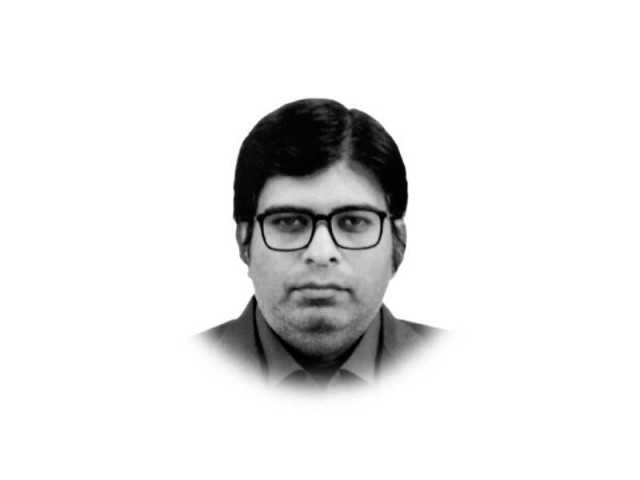Pakistan's uneven prosperity
One of the primary causes of inequality is unequal access to education and skills development.

What does it truly mean for a country to be developed? For years, the focus was on growing economies - more factories, more highways, bigger GDP. But as many have come to realise, true development is not just about numbers; it's about people. It's about improving lives, especially for those who are often left behind. Income inequality is a persistent issue in Pakistan, influencing economic growth, social stability and poverty reduction efforts.
Pakistan has struggled with inequality due to economic imbalances, lack of policy implementation and structural inefficiencies. Disparities exist between urban and rural populations, different income groups and various sectors of the economy. Over time, economic growth has not been evenly distributed, leading to widening gaps between the rich and poor.
One of the primary causes of inequality is unequal access to education and skills development. The education system remains highly inadequate, with low-income groups having limited access to quality education and vocational training, which restricts their employment opportunities. Additionally, structural issues in the economy contribute to disparities.
The informal sector employs a significant portion of the population, but these workers lack job security, social protections and fair wages. Moreover, industrial and service sectors tend to favor capital-intensive production, reducing employment opportunities for low-skilled workers.
Regional disparities also play a significant role. Economic development is uneven across provinces, with urban centers like Karachi, Lahore and Islamabad benefiting more than rural areas, where agriculture remains the dominant source of income but lacks modernisation and investment.
The taxation system further exacerbates inequality, as it is regressive, with indirect taxes disproportionately affecting lower-income groups. Wealthy individuals and large corporations often evade taxes through loopholes, worsening income distribution. Gender disparities further contribute to the problem, as women in Pakistan face wage gaps, limited employment opportunities, and lower participation in economic activities due to cultural and institutional barriers.
The impacts of income inequality in Pakistan are far-reaching. High inequality limits overall economic development by reducing aggregate demand, limiting access to capital for lower-income groups and decreasing productivity. Disparities in wealth distribution contribute to increased crime rates, social unrest and political instability which, in turn, deter investment and development efforts.
While economic growth has lifted some individuals out of poverty, income inequality keeps a significant portion of the population vulnerable to economic shocks. Additionally, limited income leads to poor healthcare and education access, creating a cycle of poverty that is difficult to break.
To address income inequality, several policy recommendations must be implemented. Expanding access to quality education and vocational training programmes can increase employability and income levels for low-income groups. Strengthening the tax system by increasing direct taxes on high-income earners and reducing indirect taxes can create a more equitable distribution of wealth.
Encouraging labour-intensive industries, supporting SMEs and formalising the informal sector can provide better job opportunities and social security. Expanding cash transfer programmes, unemployment benefits and affordable healthcare can support vulnerable populations.
Additionally, implementing policies that promote women's participation in the workforce, such as maternity benefits, equal pay and workplace protections, can reduce gender-based income disparities. Investing in modernising agriculture, improving rural infrastructure and supporting small-scale farmers can reduce the urban-rural income divide.
These measures collectively can help bridge the income gap and create a more equitable society. Addressing income inequality in Pakistan requires a multi-faceted approach involving economic reforms, education, taxation and social protection policies. Policymakers must take bold and sustained actions to bridge the income gap and create a fairer society for all.















COMMENTS
Comments are moderated and generally will be posted if they are on-topic and not abusive.
For more information, please see our Comments FAQ